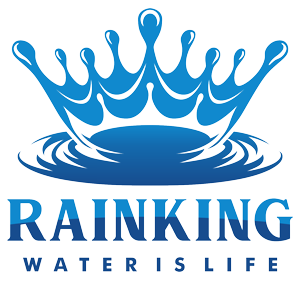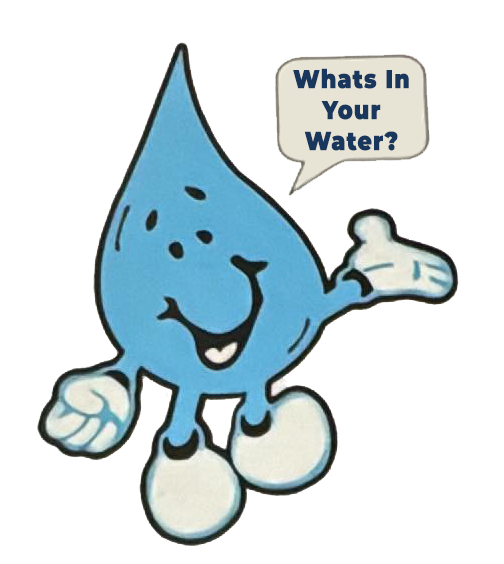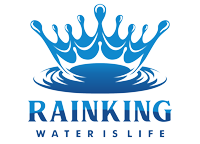Are you curious about how to make your water system softer and more efficient? Water softeners are an important part of having a high-functioning water system in the home. Hard water can lead to clogging and blockages of pipes and plumbing, as well as unfortunate damage to appliances that use water. Not only this, but hard water is not as efficient for cleaning as soft water and can require more energy and cleaning products to get surfaces to the desired level of cleanliness. If you’re looking to make your water system better, softer, and more efficient, we suggest taking some time to consider the following top 7 ideas. In our modern world where water conservation is becoming increasingly important, it is no surprise that homeowners are looking for smarter ways to make their water systems more efficient and softer. From simple tricks to larger investments, these 7 ideas will help you maximize the efficiency of your water system while ensuring it remains soft and does not cause build-up or other irritating issues. By investing in the right equipment and understanding simple tricks, your water system can become a reliable and cost-effective fixture in the home.
Introduction
Making your water system softer and more efficient doesn’t have to be difficult. With a few simple steps, you can easily improve the performance of your water system. Here are seven ideas to help you get started:
1. Install a water softener – A water softener will help reduce the amount of calcium and magnesium in your water, making it softer and more comfortable to use.
2. Check for leaks – A leak in your water system can reduce the efficiency of your water usage and also create higher water bills. Check all your faucets, pipes, and appliances for any signs of a leak.
3. Replace old fixtures – Old fixtures can reduce the flow of water, making your water system less efficient. Replace all old fixtures with new, energy-efficient models.
4. Install a pressure regulator – A pressure regulator helps to keep the pressure of the water in your system consistent, resulting in more efficient use of water.
5. Use a water filter – Using a water filter can help reduce the amount of sediment in your water, making it softer and healthier for use.
6. Invest in an efficient showerhead – High-efficiency showerheads can help reduce water usage and also create a more comfortable shower experience.
7. Insulate your pipes – Insulating your pipes can help reduce heat loss, resulting in more efficient use of energy.
By following these seven ideas, you can make your water system softer and more efficient. With a few simple steps, you can improve the quality and performance of your water system.
What is a Soft Water System?
A soft water system is a system used to remove hard minerals such as calcium and magnesium from drinking water. Through a process called ion exchange, these minerals are replaced with softer minerals, such as sodium. This process turns hard water into softer water, which is better for household use, such as for bathing, laundry, and cleaning dishes.
Soft water systems are typically installed by a professional plumber. These systems come in various sizes and types ranging from small, single-tank units to multiple-tank units. Depending on the size and type of unit, they typically service anywhere from one to several hundred people.
Once installed, a soft water system will help reduce scale buildup in water heaters and other appliances. It also helps reduce soap scum buildup on bathroom fixtures, laundry machines, and dishes. Soft water is also better for hair and skin, making it less irritating for those with sensitive skin.
There are a few different ways to make your water system softer and more efficient. Installing a water softener is one of the best options. This device works to remove calcium and magnesium from your water, making it softer and more efficient. Additionally, it helps reduce energy costs, as less energy is needed to heat softened water.
Another way to make your water system softer is to use an aerator. These devices work to increase the available oxygen in the water, which can help make it softer. Additionally, aerators can help reduce water waste by using air to pressurize the water, allowing it to flow faster.
Finally, using a reverse osmosis system is a great way to make your water system softer and more efficient. Reverse osmosis systems use a membrane to remove contaminants from your water, making it cleaner and softer. This can be a great option for households with high levels of contaminants in their water.
No matter which option you choose, installing a soft water system is a great way to make your water system softer and more efficient. With the right system and installation, you can enjoy softer and cleaner water for years to come.
Benefits of a Soft Water System
Soft water systems offer numerous benefits for homeowners and businesses. Soft water systems can help reduce the consumption of energy and water, minimize the use of scale-forming minerals, and improve the overall quality and taste of the water. Soft water systems are an important part of maintaining the health of your water system and ensuring that the water you use is clean and safe for consumption.
Soft water systems use a variety of techniques to reduce the number of minerals and contaminants that are present in the water. This includes the use of reverse osmosis to remove dissolved solids and other contaminants, as well as the use of filters to reduce sediment, chlorine, and other particles. Soft water systems can also be used to reduce the amount of scale-forming minerals, such as calcium and magnesium, in the water. By removing these minerals, soft water systems help to reduce the risk of corrosion and the formation of hard deposits on the walls and plumbing of your water system.
Soft water systems also help to improve the taste and smell of the water. By reducing the number of dissolved minerals, soft water systems can help to improve the flavor and odor of the water. Additionally, soft water systems can also help to reduce the buildup of limescale, which can clog pipes and reduce the efficiency of water systems.
Soft water systems are also more efficient than hard water systems, as they require less energy to operate. This helps to reduce energy costs and saves money in the long term. Soft water systems also reduce the amount of maintenance required, as they do not require descaling or frequent repairs. In addition, soft water systems can help to reduce the amount of soap and detergent used, as soft water requires less soap and detergent to achieve the same level of cleanliness as hard water.
Overall, soft water systems offer a variety of benefits for homeowners and businesses. By reducing the number of contaminants and scale-forming minerals, soft water systems can help to improve the quality and taste of the water. Additionally, soft water systems can help to reduce energy costs and maintenance requirements, while also making it easier to clean with less soap and detergent.
Factors to Consider When Choosing a Soft Water System
When looking to upgrade or install a new soft water system, there are several factors to consider in order to ensure the best results. The size and complexity of the water system, the type of softening system, installation costs, and maintenance requirements should all be taken into account.
The size and complexity of the water system should be taken into account when choosing a soft water system. Depending on the size of the home, a tankless system may be the most appropriate option. For larger homes, a whole-house system, such as an ion exchange unit, may be necessary. Additionally, if the home has hard water, a separate softening system should be installed.
The type of softening system is an important factor when determining what type of system is best for a home. Different systems use different technologies, such as reverse osmosis, ion exchange, and magnetic water conditioners. Reverse osmosis and ion exchange systems are ideal for homes with hard water, while magnetic water conditioners are more suitable for homes with soft water.
Installation costs should also be taken into account when selecting a soft water system. Different manufacturers may offer different prices for the same type of system. It is important to compare the installation costs of different systems and choose the one that provides the best value.
Maintenance requirements should also be considered when selecting a soft water system. Different systems require different levels of maintenance. Some systems may require frequent filter changes, while others may only need occasional maintenance. It is important to understand the maintenance requirements before making a purchase.
When it comes to making a selection for a soft water system, it is important to take into account the size and complexity of the water system, the type of softening system, installation costs, and maintenance requirements. By considering these factors, homeowners can be sure to get the best system for their needs.
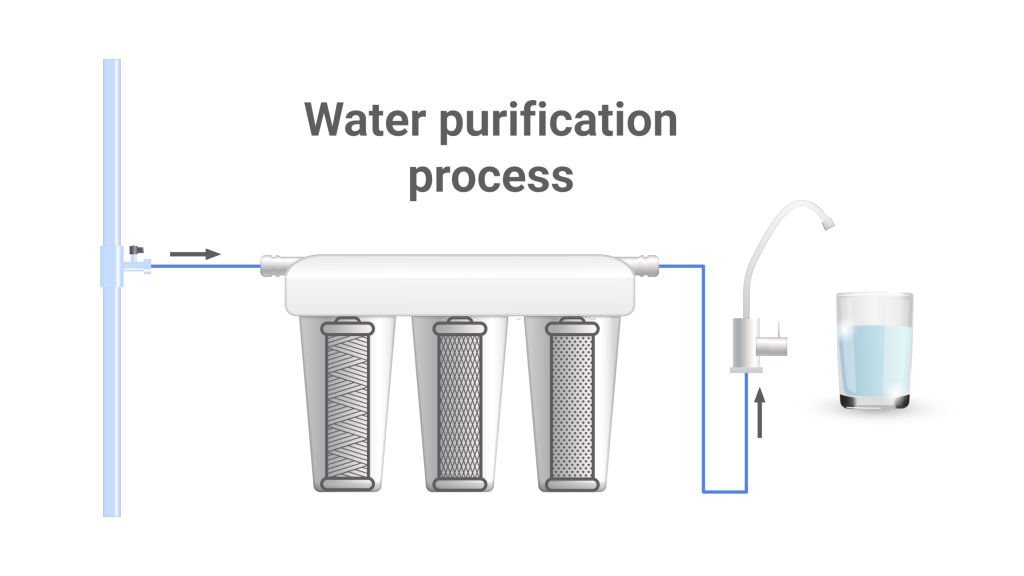
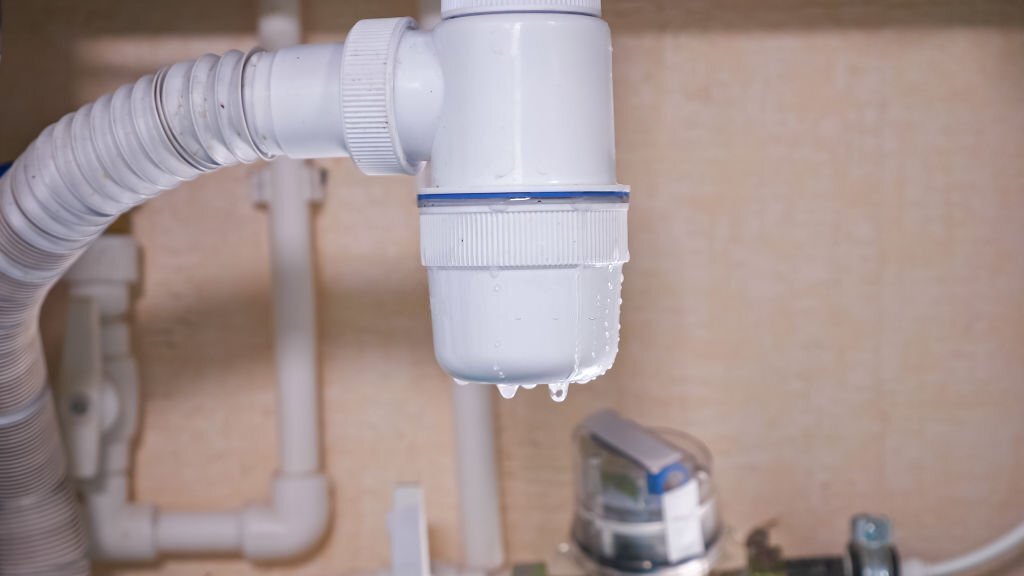
Water Softener Alternatives
Water softeners are a popular way to make hard water more efficient and gentle on plumbing and appliances. However, there are several alternatives to traditional water softeners that can also improve water quality. Some of these methods are more cost-effective, while others are better suited to certain households and climates. Here are seven water softener alternatives to consider when looking to improve the quality of water in your home.
1. Install a Water Filtration System. Water filtration systems use carbon-based filters to remove sediment and heavy metals from the water supply. This is an effective and affordable way to reduce the hardness of water and can be used in conjunction with existing water softeners.
2. Install a Water Conditioner. Water conditioners use a process called ion exchange to reduce minerals that are present in hard water. This type of system is relatively inexpensive and easy to install, making it a popular choice for many homeowners.
3. Use a Magnetic Water Softener. Magnetic water softeners use magnets to treat water molecules, making them easier to pass through the pipes. This method does not require any chemicals and is a more eco-friendly option for treating hard water.
4. Install a Salt-Free Water Softener. A salt-free water softener is a chemical-free alternative to traditional water softeners. These systems use a process called template-assisted crystallization (TAC) to reduce hardness in water without the need for salt or other chemicals.
5. Use a Reverse Osmosis System. Reverse osmosis systems use a process of purification that removes unwanted particles and contaminants from the water supply. This is an effective way to reduce the hardness of water and can also be used in conjunction with traditional water softeners.
6. Install a Water Descaler. Water descalers are devices that use an electrical charge to help reduce the amount of calcium and magnesium in the water. This type of system is easy to install and can provide soft water without the use of salt or chemicals.
7. Install a Water Softening Pillow. Water-softening pillows are devices that use activated charcoal to soften hard water. This method is relatively inexpensive and can be used in conjunction with a traditional water softener.
Whether you are looking for an eco-friendly way to reduce the hardness of your water or are looking for a more cost-effective option, these water
Tips for Maintaining a Soft Water System
Maintaining a soft water system is essential to ensuring your home has clean and safe water. To keep your system running smoothly, here are seven tips that can help.
First, regularly check and maintain the filters of your water system. Filters can become clogged or damaged over time and may need replacing or cleaning. It is important to replace or clean them on a regular basis to avoid any buildup that could cause damage to the system.
Second, be sure to test your water system’s hardness levels every few months. Water systems are designed to work best when the hardness levels are maintained within a certain range. If the levels of hardness vary, it could cause damage to the pipes and other components of the system.
Third, make sure to use the right type of filter for your system. Different types of filters are designed to work with different types of water systems. If you use the wrong type of filter, it could damage the system or cause it to not work as efficiently as it should.
Fourth, if you notice any unusual noises coming from your water system, it could be a sign of a problem. Unusual noises could indicate a clogged filter, a broken pipe, or a loose connection. It is important to address these issues as quickly as possible to avoid any further damage or disruption.
Fifth, pay close attention to the temperature of the water in your home. Water that is too hot or too cold can be damaging to your system and can lead to leaks and other issues. If you notice any sudden changes in the temperature of the water, it is best to have a professional inspect the system.
Sixth, keep your water system free of debris and sediment. Sediment and debris can accumulate over time, clogging the pipes and making it difficult for the system to operate efficiently. Make sure to clean out the pipes every few months to keep the system running smoothly.
Finally, if you are using softeners for your water system, make sure to keep up with maintenance. Softeners can become clogged or damaged over time and need to be replaced or repaired regularly. Regular maintenance can help prevent any buildup or damage that could occur.
By following these tips, you can ensure that your water system is running efficiently and safely. Regular maintenance and inspection of your water system will help to keep it in good working order. Paying attention to the temperature of

